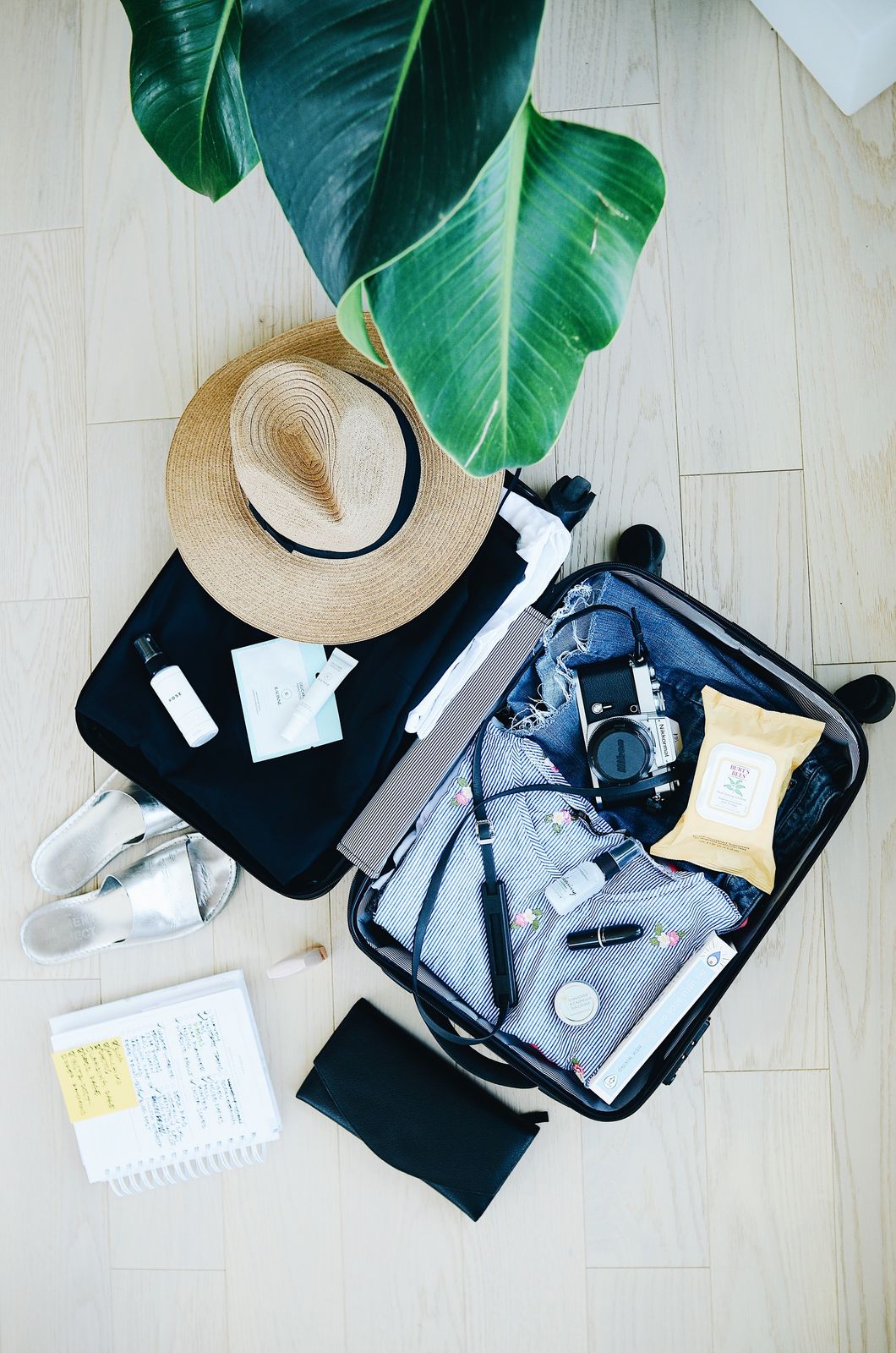Staying home is the best defense against spreading the coronavirus, but the summer season tempts even the most disciplined to escape on vacation. The smartest way to relax is a staycation, but safe travel is still possible.
Before you jump online and book a trip to the Bahamas, consider the risks. The following advice can help you plan a trip that will keep your health in check.
The location
Choose a place you can safely relax.
Avoid the cities. The dense populations of cities make them hotbeds for illness to spread. Most businesses are closed and have stay at home orders in place anyway so there is little to do and you'd still end up trapped indoors.
Pick a drivable distance. Airlines and public transit are centered in cities and the stations or airports where they are based are highly trafficked. The bus, train, or plane you would be traveling in is small and densely packed with strangers breathing the same recycled air and touching shared surfaces. If just one individual aboard is sick everyone present is at a high risk of infection.
Sunnier is better. New studies have found the sun's UV rays kill Covid-19 within minutes. This means you are safer outdoors and in areas with lots of sun.
The stay
Staying somewhere you are comfortable is the key to relaxing. So, choose a place you know is safe from disease.
Camping is the safest way to ensure safety. Campsites are far from cities and typically well spaced out, making social distancing easy. Staying outdoors also gives sun exposure to kill any virus bacteria that could be lurking. If you own an RV or camper you can camp. safely and luxuriously.
Rentals require more work but can still be safe. Thoroughly clean all surfaces and wash linens and dishes while wearing gloves and masks. Don't rely on the owners to clean the space, do it yourself, and ensure it is free of germs upon arrival. This could take a few hours to properly complete but is more comfortable than camping.
Hotels are the riskiest choice. The lobby's and elevators are public and the cleaning staff comes into each room. If you choose a hotel, keep housekeeping out and wear gloves and masks outside the room.
The journey
Risk is greatest when traveling, but preparation can save your health.
Drive in a day. Again, road-trips are the safest option but the destination should be reasonable for driving. Stopping at a hotel to rest poses an unnecessary danger. If you plan to go far take driving shifts with your fellow travelers.
Research the path. Your destination may be safe but the areas you pass through may not. If you are driving through a particularly affected area you need to be aware so you don't stop. Some areas may have driving restricted to essential personnel only, and ticket others on the road.
Avoid stops. Pack snacks and drinks to keep hunger at bay. If you will be on the road during a mealtime bring something substantial. Pack masks, gloves, and hand sanitizer for essential stops like gas and restroom breaks.
The who
Traveling alone can be enjoyable, but if you plan to bring others to be selective.
Fewer is better. The CDC recommends groups no larger than 10 people gather but even smaller groups decrease risk.
Choose carefully. People you know responsibly quarantined and socially distanced are the safest options.
The entertainment
Bring activities. Weather, boredom or other unforeseen obstacles could ruin plans during your trip so bring other activities.
Be flexible. If you find yourself questioning safety it's best to abandon plans, even if that means going home early.
Open doesn't mean safe. Some areas may allow activities but use your own judgment before taking part.









































